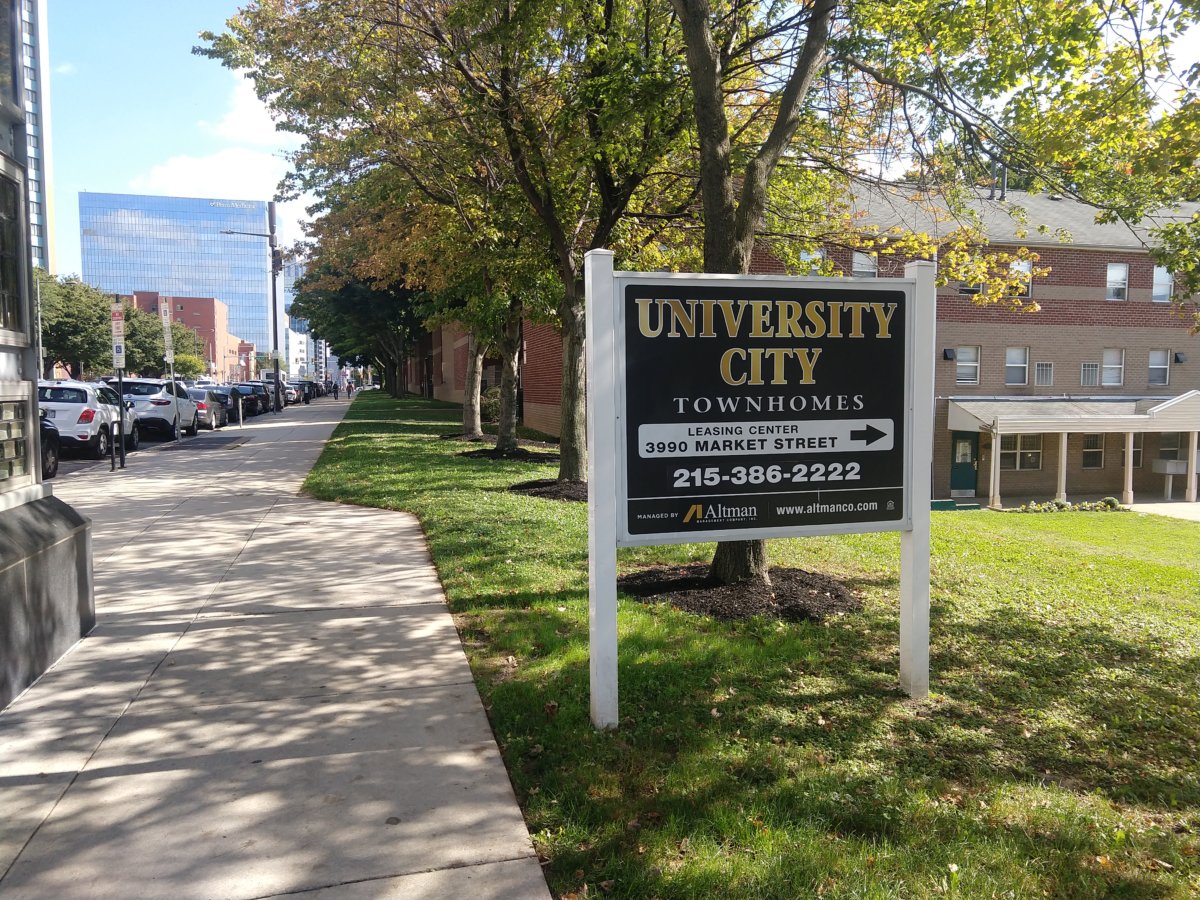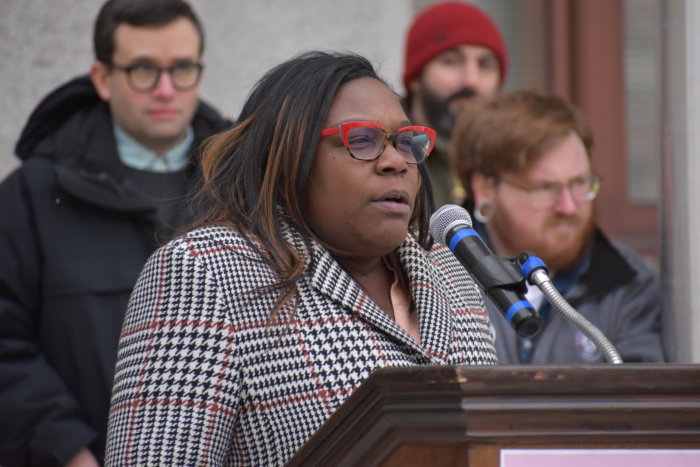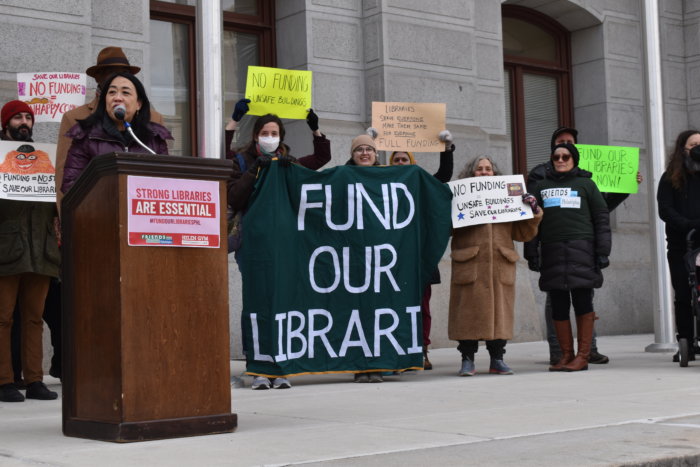City Council is set to consider legislation aimed at preserving affordable housing, just two weeks after municipal officials settled a lawsuit with a real estate company looking to sell the University City Townhomes property in West Philadelphia.
Owners of existing affordable housing would have to abide by a new framework for selling or converting their properties if the bills – expected to be put up for a final vote Thursday – are approved.
Landlords, with four or more subsidized units, would have to provide a “right of first refusal” to tenant groups, nonprofits, private firms and other entities that promise to keep the property as affordable housing. So if a commercial or market-rate developer makes an offer, those organizations can match the price and receive priority in negotiations. The legislation also sets up a 45-day window during which the property owner can only accept offers that retain the complex’s affordability.
In addition, the legislation would expand the required notifications for a company that is opting out or not renewing a contract with the U.S. Department of Housing and Urban Development to include tenants and housing advocacy groups.
The regulations, if implemented, would not apply to property owners who rent to those using Housing Choice Vouchers, also known as tenant-based Section 8. Project-based units are typically privately-owned and receive government subsidies.
A related bill would instruct the mayor’s office to create a directory of affordable housing complexes, with details showing which properties are at-risk of being sold for market-rate uses.
Representatives from Mayor Jim Kenney’s administration have indicated that his office supports both pieces of legislation.
Similar recommendations were incorporated into Kenney’s 2018 Housing Action Plan and have been adopted in Boston, Washington, D.C., and several other cities.
“These three approaches are really mainstream,” affordable housing expert Vincent O’Donnell told lawmakers at an April 24 hearing. “They’re not radical.”
Councilmember Jamie Gauthier, the lead sponsor of the bills, has said the city must “take a bolder and more equitable approach” to saving affordable housing in the wake of the University City Townhomes saga, which sparked protest encampments.
In a legal settlement reached last month, IBID, the owner of UC Townhomes, agreed to transfer a portion of the property at 40th and Market streets to the city for the construction of up to 75 affordable units – similar to the number of units currently on the site.
UC Townhomes residents must still vacate their homes by mid-August, though those who agree not to sue and complete financial counseling could receive around $50,000 per household from a $3.5 million tenant fund.
“I’m still devastated but not like before,” said Counsela Astillero, who has lived in the development since it opened in the 1980s.
“The outcome of this situation was powerful, and it doesn’t happen all the time,” she added, during testimony before lawmakers at the April 24 hearing. “But this is the beginning of change.”
A 2016 report found that 9,000 project-based Section 8 units in Philadelphia, such as UC Townhomes, were at risk of being developed, due to expiring federal contracts. Other analyses show that as many as 14,000 affordable apartments in the city could be lost within a decade.
Housing experts say the temptation to opt out of affordability agreements is highest in neighborhoods seeing a lot of real estate investment, like parts of West Philadelphia. Those areas also offer low-income residents the most amenities and opportunities, according to advocates.
Project-based developments, once lost, aren’t replaced because Congress has prohibited HUD from funding new Section 8 construction for the past 40 years.

Metro is one of more than 20 news organizations producing Broke in Philly, a collaborative reporting project on economic mobility. Read more at brokeinphilly.org or follow on Twitter at @BrokeInPhilly.































